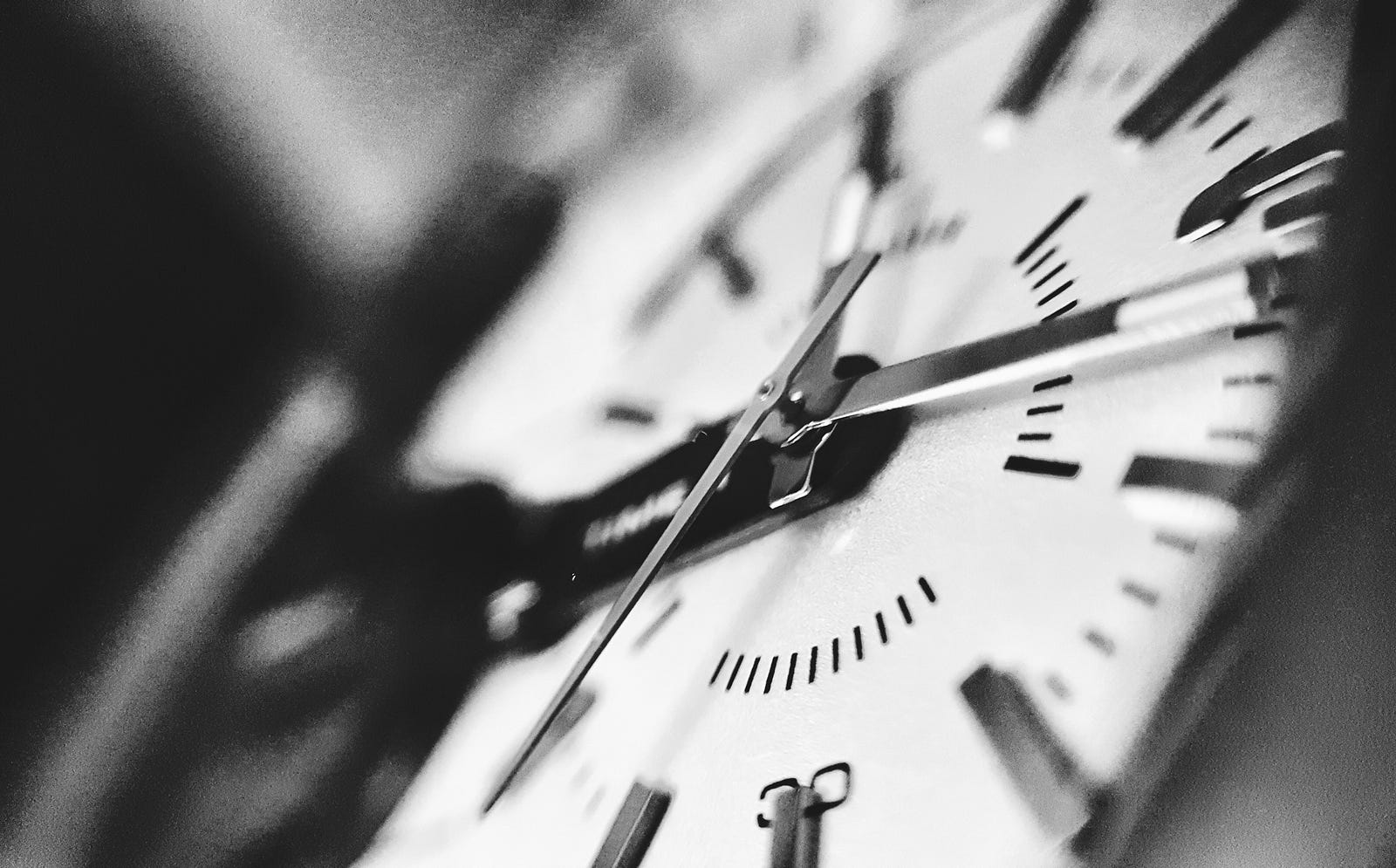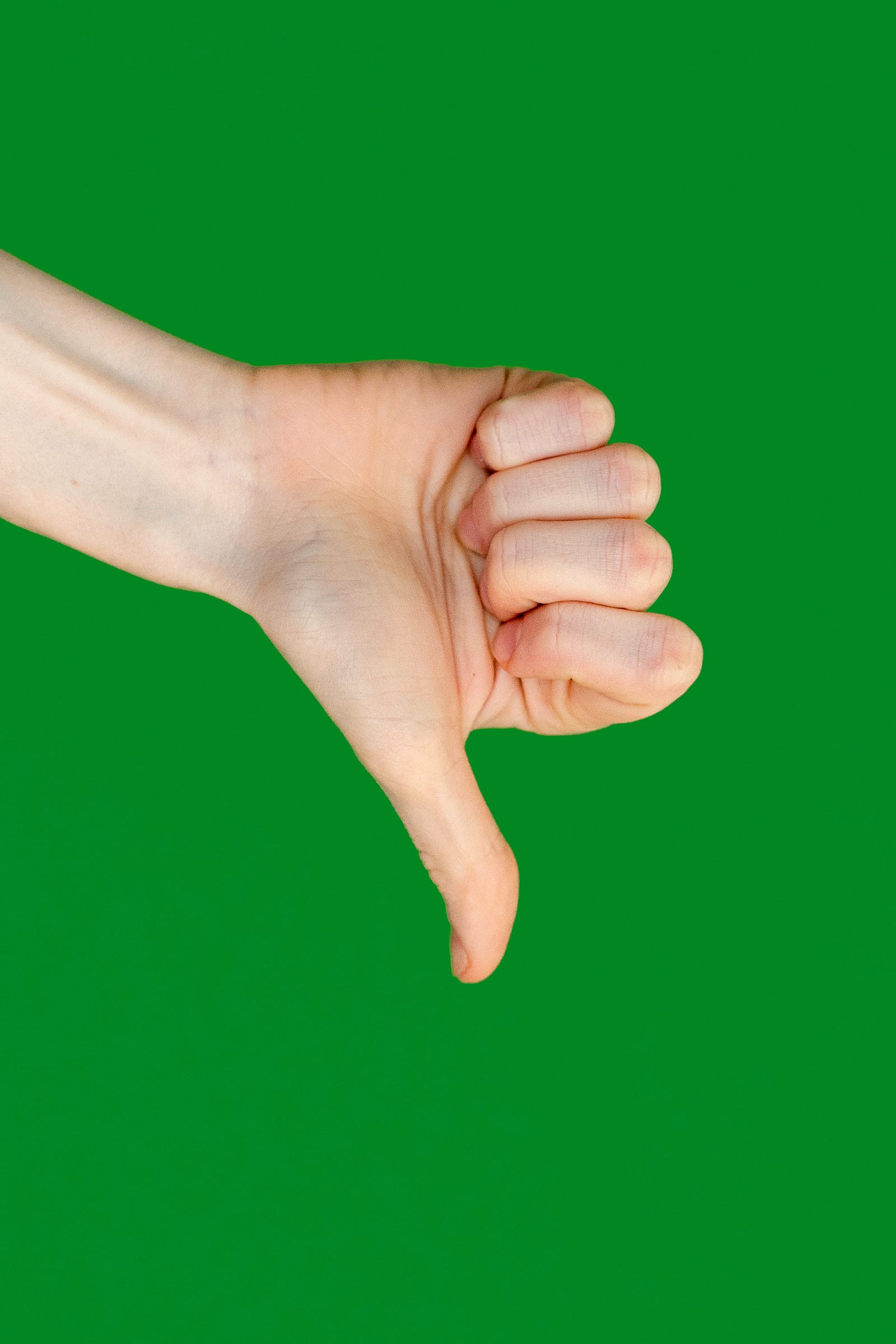SLEEP THREADS ITS WAY AS THE INDISPENSIBLE FABRIC that weaves together our physical and mental well-being. I have been thinking about sleep a lot recently. Can you hack your sleep with polyphasic zzz’s? Not so fast.
Sleep has recently been on my mind.
I have written about how I aim for seven to nine hours…
I should stop myself immediately; I get at most 7.5 hours. My goal is to hit the seven mark.

Still, the U.S. Centers for Disease Control (CDC) offers these sleep recommendations:
- 18 to 60 years. Seven or more hours of sleep is best.
- 61 to 64 years. Seven to nine hours is optimal.
- 65 or older. Seven to eight hours is recommended.
But what if there was an alternative way to structure your sleep that could offer more time awake, improved productivity, and better overall well-being?
This alternative is known as polyphasic sleep. In this essay, we’ll delve into the world of polyphasic sleep patterns, explore their potential benefits, and weigh the science behind this unconventional approach to rest.
What Is Polyphasic Sleep?
Polyphasic sleep is a sleep pattern that involves breaking the typical monophasic (single block of sleep) routine into multiple shorter periods of sleep throughout the day and night.

These patterns vary from taking six or more 20 to 30-minute naps throughout the day to adopting a combination of short naps and longer core sleeps.
Patterns of Polyphase Sleep Patterns
The most common polyphasic sleep patterns include the Uberman, Everyman, and Dymaxion schedules, each with a unique distribution of sleep episodes:
- Uberman Sleep Schedule: Six 20-minute naps are spaced evenly throughout the day, totaling two hours of sleep per day.
- Everyman Sleep Schedule: This includes sleeping for three hours at night and supplementing with three 20-minute naps for four hours each day.
- Triphasic Sleep Schedule: Three short sleep periods happen after dusk, before dawn, and in the afternoon, providing four to five hours of sleep per day.
Polyphasic Sleep Benefits: No Good Evidence
Is there evidence that polyphasic sleep improves wakefulness?
I found no scientific evidence that polyphasic sleep is better than a monophasic or biphasic sleep schedule.
I cannot imagine my entire sleep volume consisting of six 20-minute naps throughout the day. I would never adapt to this pattern of sleep.
When Might Polyphasic Sleep Be Worthwhile
When the alternative is not sleeping at all, polyphasic sleep might be helpful.
For example, some solo sailors use a polyphasic sleep schedule before a race to help them manage limited sleep while racing.
Alas, neither pre-race sleep management nor any other sleep strategy appeared to influence final arrival times.

In addition, I know that naps help me get through periods of sleep deprivation. The short snoozes help me fight off drowsiness induced by sleep pressure (the feeling of drowsiness that increases the longer we stay awake).
Why I Won’t Do Polyphasic Sleep
A 2017 study examined the sleep schedules of 61 college students and compared their sleep habits to their academic performance.
Here are the results:
Students with irregular sleep schedules had circadian rhythm disruptions equivalent to traveling westward through two to three time zones. Polyphasic sleep was linked to worse academic performance (even when students slept the same number of hours).
Moreover, I know that any sleep program that reduces my overall sleep time (below seven hours) can have the same health risks as other forms of sleep deprivation.
Chronic Sleep Deprivation and Health
Chronic sleep deprivation can raise your risk of developing the following:
- anxiety
- depression
- diabetes
- heart disease
- high blood pressure
- obesity
- obstructive sleep apnea
- psychosis
- stroke
Final Thoughts — Hack Your Sleep With Polyphasic Zzz’s? Not So Fast
Polyphasic sleep is a fascinating concept that challenges the conventional wisdom of getting a consolidated seven to nine hours of sleep each night.
It offers the tantalizing prospect of increased wakefulness, more free time, and enhanced cognitive function.
Unfortunately, the science behind polyphasic sleep is limited, and the challenges of adapting to these schedules can be considerable.
While some individuals may thrive on polyphasic sleep, it may not be suitable for everyone, and there are potential health risks associated with chronic sleep deprivation.
Before switching to a polyphasic sleep pattern, please consult a healthcare professional and carefully weigh the potential benefits against the challenges and drawbacks.

For me, thumbs down on polyphasic sleep. There’s no evidence that a polyphasic sleep schedule that limits your total sleep time helps with mental or physical health.
Polyphasic sleep may be helpful when it is impossible to follow a regular sleep schedule, such as when traveling. Taking short naps may offset some of the effects of sleep deprivation.
Thank you for reading “Polyphasic Zzz’s”




